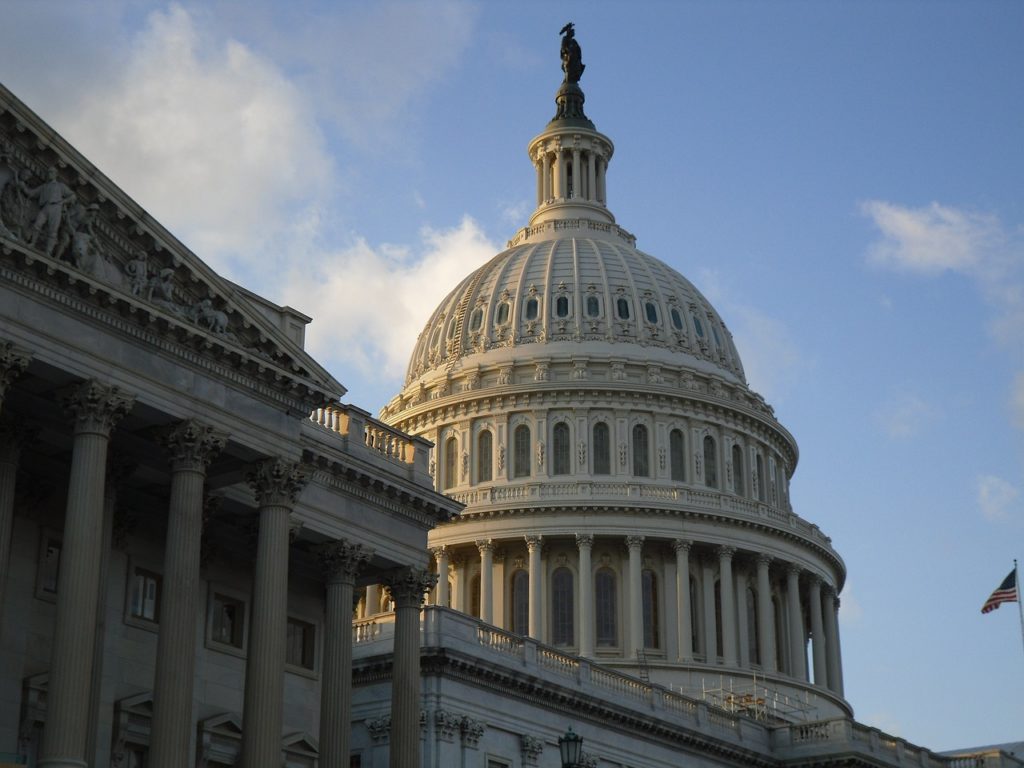After much debate, the U.S. Congress approved Consolidated Appropriations Act of 2021, which will keep the government running and fund federal agencies into the new year. The bill, which the president is expected to sign, includes hospice-specific line items intended to improve rural access to services and retool regulatory enforcement, as well as provide COVID-19 relief.
Two key pieces of hospice legislation were folded into the bill, including the Rural Access to Hospice Act and the Helping Our Senior Populations in Comfort Environments (HOSPICE) Act, as well as an extension of the temporary suspension of payment sequestration.
Under current law, rural health clinics (RHCs) and federally qualified health centers (FQHCs) cannot bill Medicare under Part B for hospice services, which prevents some patients from receiving care from their trusted primary care practitioner. The Rural Access to Hospice Act will allow those providers to receive payment for services to patients in hospice.
“People in the final stages of life should have access to the compassionate care that hospice provides regardless of where they live,” said Sen. Shelly Moore Capito (R-W.V.), who originally sponsored the rural access legislation with Jeanne Shaheen (D-N.H.). “I am committed to making sure this critical service is available in our rural communities.”
According to data from the Medicare Payment Advisory Commission (MedPAC), only 32% of those eligible for hospice care access the service in rural communities compared to 48% in urban areas.
When first proposed, the HOSPICE Act language incorporated into the spending bill would have increased accreditors and U.S. Centers for Medicare & Medicaid (CMS) survey frequency from every three years to every other year for hospices and would allow for the public reporting of accreditation survey results. The final version kept survey frequency at three years.
In response to July 2019 reports on hospice quality from the Office of the Inspector General (OIG) at the Department of Health and Human Services (HHS), both the HOSPICE Act and corresponding Hospice Care Improvement Act introduced in the Senate were intended to improve quality of care for patients and families.
Industry stakeholders have voiced a number of concerns about the bill, arguing that remedies should be focused on organizations that have a history of serious deficiencies rather than the hospice community as a whole.
“OIG clearly indicated that there are problem providers and that efforts should be targeted to those bad actors,” Theresa Forster, vice president for hospice policy and programs for National Association for Home Care and Hospice (NAHC), told Hospice News. “We are also concerned about the civil monetary penalties; similar actions have not gone well in the past.”
The final language creates a new Special Focus Facility Program to increase regulatory attention to hospices with a track record of serious deficiencies, who will be surveyed at least once every six months. It also doubles fines for organizations that fail to report quality data to the U.S. Department of Health & Human Services (CMS).
Many in the industry support other aspects of the bill, such as actions intended to improve the CMS survey process as well as provide additional education to surveyors that inspect hospices.
“[The National Hospice & Palliative Care Organization (NHPCO)] supports smart oversight when it does not hinder access to high quality care for patients and their families,” said NHPCO President and CEO Edo Banach. “Hospice providers that are following the rules should not be subjected to excessive administrative burden and forced to needlessly divert resources from patient care.”
The omnibus spending bill also contained measures for COVID relief that impact hospices. Key among these is a provision to extend to March 31, 2021 the temporary suspension of Medicare sequestration payment reductions for hospices for the duration of the federally declared COVID-19 public health emergency.
CMS originally implemented a moratorium on sequestration pursuant to the Coronavirus Aid, Relief, and Economic Security (CARES) Act or CARES Act, but that provision was set to expire on Dec. 31.
The Congress has also approved an additional $3 billion in additional funds for the Provider Relief fund and allocated more dollars to the Paycheck Protection Program.
The legislation extends implementation of the IMPACT Act’s provision to calculate the aggregate hospice cap amount based on the hospice payment update. While noteworthy, the measure is not likely to make many waves.
“The change to the cap likely won’t have a huge impact on providers though it is hard to know for sure since we don’t know what the economy will look like between 2025 and 2030,” Mollie Gurian, director of hospice, palliative and home health policy for LeadingAge, told Hospice News. “But overall, probably not a large impact. We would have liked to see these savings spent more directly on the hospice program.”
Companies featured in this article:
LeadingAge, National Association for Home Care and Hospice, National Hospice and Palliative Care Organization



